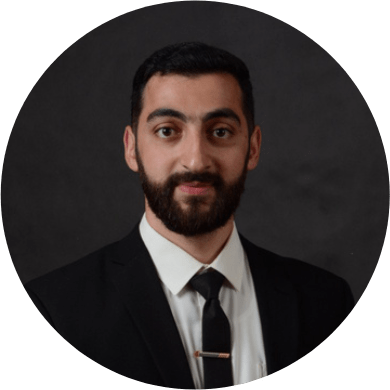Medical Specialization in Germany
Germany is one of the best destinations for doctors who wish to pursue medical specialization (Facharztausbildung). This is due to the strength of its healthcare system, the availability of training opportunities, and the almost free tuition costs. However, it requires passing several important steps that may be challenging for some.
Requirements for Applying for Medical Specialization in Germany
- German language proficiency: At least a B2 certificate is required, with C1 (medical German) being highly preferred.
- Equivalency of the foreign medical degree: Submit an application to the relevant authority in the state where you wish to specialize.
- Passing the medical language exam (Fachsprachprüfung – FSP): This exam is mandatory to obtain a temporary medical license.
- Obtaining permanent medical licensure (Approbation): This often requires passing the knowledge examination (Kenntnisprüfung) in certain cases.
- Applying to hospitals: Doctors must secure a residency contract, where specialization training is conducted while working as a resident physician.
Challenges Students May Face in Germany
- Learning medical German can be difficult and time-consuming.
- The process of degree recognition varies between states and may take several months.
- Strong competition exists in some medical fields, such as surgery and anesthesiology.
- Adapting to the German healthcare system and communicating effectively with patients in German.
- Some states require passing the knowledge exam (Kenntnisprüfung) to obtain permanent licensure.
Advantages of Medical Specialization in Germany
- The specialization is almost completely free, as doctors receive a salary during training instead of paying tuition fees.
- Wide career opportunities after specialization, with Germany in high demand for doctors in many fields.
- A highly developed medical environment with advanced training and hands-on experience in German hospitals.
- Possibility of obtaining permanent residency and German citizenship after several years of work.
- Flexibility to switch between specializations if a doctor decides to change career paths.


